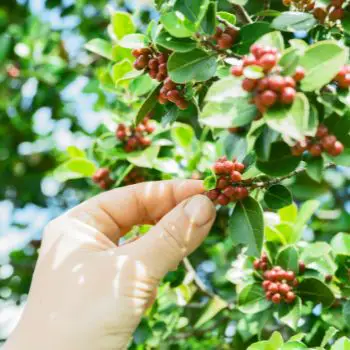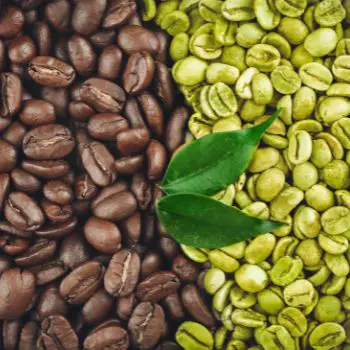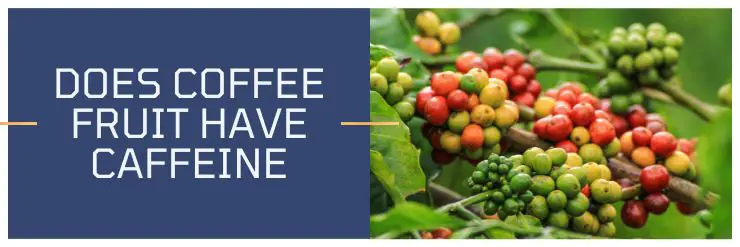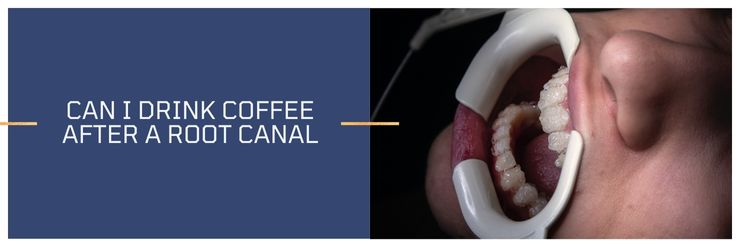Millions of people drink coffee every day, but many don’t know that the coffee bean is actually the fruit of a tree. The coffee plant produces a red or purple fruit called a coffee cherry. The coffee bean is actually the seed of the fruit.
However, does the coffee fruit have caffeine?
The coffee fruit itself contains caffeine. However, the amount of caffeine in coffee fruit is much lower than in coffee beans. The coffee bean has a higher concentration of caffeine because it is dried and roasted, which breaks down the cell walls and releases more of the caffeine molecules.
So, if you’re looking for a caffeine boost, coffee beans are the way to go. However, coffee fruit does have other benefits.
Let’s take a closer look.
Does coffee fruit have caffeine?
Caffeine is a naturally occurring substance found in over 60 plants, including coffee beans and coffee fruit. Caffeine is a stimulant, which means it can help you feel more awake and alert.
Caffeine is found in the coffee fruit in smaller amounts than in the beans. The amount of caffeine in coffee fruit depends on a few different factors, including the variety of coffee plants and the ripeness of the fruit.

Coffee fruit is the unroasted fruit of the coffee plant. Coffee fruit contains lower levels of caffeine than coffee beans because it has not undergone the roasting process.
The coffee roasting process breaks down chlorogenic acids, which are compounds that contain caffeine. So, does coffee fruit have caffeine? Yes, but in smaller amounts than coffee beans.
Is coffee fruit extract the same as caffeine?
The coffee fruit extract is a natural source of caffeine. The amount of caffeine in coffee fruit extract in 1 gram is about 4 mg caffeine. The amount of caffeine in a cup of coffee is about 95 mg.
The coffee fruit extract is not the same as caffeine anhydrous which is a synthetic form of caffeine. Caffeine anhydrous is about 99% caffeine and is used as a dietary supplement to help with weight loss or to improve mental alertness. It can also be used as a stimulant.
The coffee fruit extract has other nutrients besides caffeine. These include polyphenols, flavonoids, and cafestol. The coffee fruit extract also has a high ORAC value which is a measure of antioxidant activity.
Coffee fruits have been shown to have anti-inflammatory properties. They also contain vitamins B2, magnesium, and quinic acid. These compounds may help protect against certain diseases, such as cancer and heart disease.
Is coffee fruit extract high in caffeine?
In general, coffee fruit contains about 1/5 the amount of caffeine as coffee beans. If a cup of coffee has about 95-100 milligrams of caffeine, a cup made with coffee fruit would have about 20 milligrams of caffeine.
However, there is variation in the caffeine content of coffee fruit depending on the species of the coffee tree and other factors. For example, Robusta coffee trees generally have higher caffeine levels in their fruit than Arabica coffee trees.
Coffee fruit extracts can vary widely in caffeine content depending on how they are processed. Some forms of coffee fruit extract have almost no caffeine, while others can have quite high levels
It all depends on how the extract was made and what parts of the coffee fruit were used.
Is green coffee bean the same as coffee fruit?
The green coffee bean is not the same as coffee fruit. Green coffee beans are simply unroasted coffee beans. Coffee fruit is the entire fruit of the coffee plant, including the skin, pulp, and seeds.
The coffee bean is the seed of the coffee plant. The coffee bean is what is roasted and ground to make coffee. Coffee beans contain more caffeine than coffee fruit because they have undergone the roasting process.

Roasting breaks down chlorogenic acids, which contain caffeine. Green coffee beans contain 25%-50% lower levels of caffeine than roasted coffee beans.
Green coffee beans have a higher level of chlorogenic acids, which can offer health benefits like weight loss and a reduced risk of heart disease.
Is coffee fruit extract safe?
The coffee fruit extract is generally considered safe. side effects are rare but can include upset stomach, headache, and anxiety. However, coffee fruit extract is not recommended for people sensitive to the stomach.
Pregnant and breastfeeding women should also avoid coffee fruit extract because of the potential for caffeine to affect the developing baby or child.
The American College of Obstetricians and Gynecologists recommends that pregnant women limit their caffeine intake to less than 200 milligrams per day. This is about the amount of caffeine in two cups of coffee.
Coffee fruit extract should be used with caution by people with high blood pressure or heart conditions because of the potential for caffeine to worsen these conditions.
The coffee fruit extract is safe for most people when taken in small doses. However, it is always best to speak with a healthcare provider before taking any dietary supplement.
How much coffee fruit extract should I take?
The amount of coffee fruit extract you should take depends on the reason you are taking it. For example, if you are taking it for weight loss, you may take up to 400 mg per day. If you are taking it for energy, you may take up to 200 mg per day.
Coffee fruit extract can be taken in capsules, tablets, or liquid form. It is also possible to make your own coffee fruit extract at home by brewing coffee with the coffee fruit intact. This can be done by using a French press or a coffee maker with a built-in filter.
When taking coffee fruit extract, it is important to start with a lower dose and increase gradually as needed. This will help you to avoid side effects such as nausea and headaches.
It is also important to drink plenty of water when taking coffee fruit extract. This will help to prevent dehydration, which can also cause side effects.
Conclusion
Does coffee fruit have caffeine? It’s a valid one! caffeine is found in coffee fruit, but not in the same quantity as coffee beans. The amount of caffeine in coffee fruit is much lower than that of coffee beans.
The coffee fruit, also known as the coffee cherry, does contain some caffeine about 20% of what is found in a coffee bean. The caffeine content in coffee fruit varies depending on how it is processed.
So if you’re looking for a caffeine fix, coffee beans are the way to go. If you’re looking for a healthy alternative to coffee beans, the coffee fruit is a good choice.






